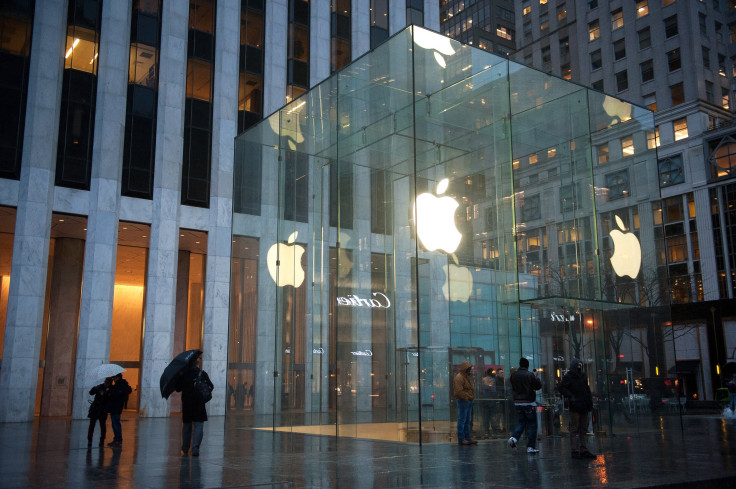Apple Strengthening iCloud’s Encryption Amid Legal Battle With FBI Over San Bernardino Shooter’s iPhone

Apple Inc. is working to fortify its iCloud encryption, making it more difficult to unlock iPhones, the Financial Times reported Thursday, citing sources. The move comes after U.S. officials sought Apple’s help to access the San Bernardino shooter’s iPhone — a request turned down by company CEO Tim Cook.
Although tightened iCloud encryption would protect customers’ phones from hackers, it would also annoy investigators who are facing problems obtaining data from Apple’s servers despite a court order, according to the Financial Times. Apple may not have access to iCloud encryption keys following the improved protection measures, leaving customers in a fix if they were to forget their password to the cloud storage service, the report added.
According to the New York Times, the Cupertino, California company has already started developing new security measures that would make it impossible to unlock an iPhone. In order to gain access to the iPhone, Congress will have to step into the case, the Times report added. According to federal wiretapping laws, traditional phone carriers need to make their data accessible to law enforcement organizations, but companies such as Apple and Google do not come under the ambit of those laws.
In the San Bernardino shooting case, the FBI tried to get Apple’s help to access information stored on Syed Farook’s phone. However, experts fear that breaking into the device could provide the government greater access to people's personal information through their phones.
“We are in for an arms race unless and until Congress decides to clarify who has what obligations in situations like this,” Benjamin Wittes, a senior fellow at the Brookings Institution — a Washington, D.C. think tank — told the newspaper.
Last Friday, the U.S. Department of Justice filed a motion pressuring Apple to follow a judge’s order to unlock Farook’s iPhone. Cook expressed concern over FBI’s request to unlock the phone, saying that the agency’s demands went beyond this single case. He added that the software FBI wants developed could eventually be used to unlock any phone, if it got into the wrong hands.
© Copyright IBTimes 2025. All rights reserved.




















